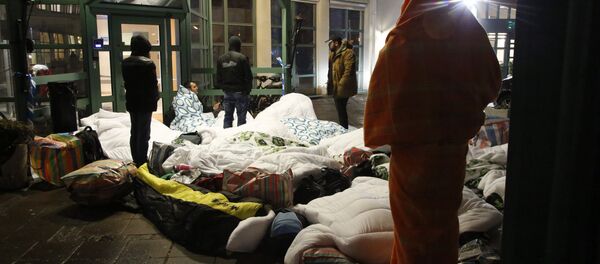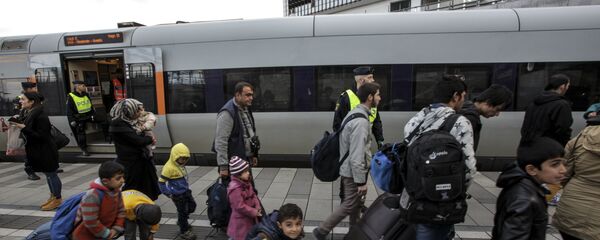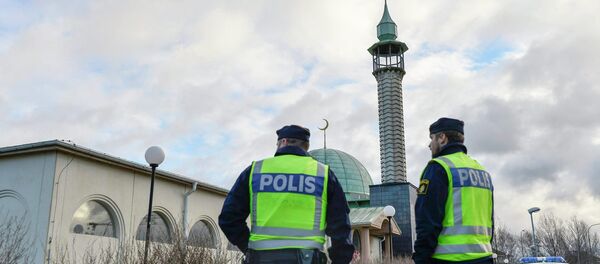Although 15 years have passed since the cold-blooded murder shook Sweden in 2002, thousands of girls and women living in troubled suburbs still have to suffer oppression from family members and overzealous proponents of religion. The present-day situation in Sweden compelled teacher and writer Zulmai Afzali, who is of Afghan-Pakistani origin, to recall morbid moments from his homeland he'd rather forget.
In his opinion piece in Svenska Dagbladet, Afzali recalled an incident, when he and his mother were accosted by strangers at a bazaar in the city of Quetta in 1998 for wearing a plain hijab which only covered her hair, but not her face. By Afzali's admission, his mother was accused of "destroying Islam" and threatened with savage punishment, which was quite normal for Quetta, known as the Taliban's birthplace.
"Hundreds of miles from the Middle East, in the Sweden of 2017, the same effect is experienced as in Pakistan of 1998. The same men who have an extremist train of thought, who commit honor killings, rapes and beatings are also here," Afzali wrote.
"As the son of a widow, and as a person who grew up in Afghanistan and Pakistan, I have seen enough of women being treated worse than animals. I do not want to experience it in open, democratic Sweden," Afzali wrote, suggesting that men who treat women like this do not belong in Sweden.
In the fall of 2016, a survey by the feminist NGO Varken Hora Eller Kuvad ("Neither Whore nor Subdued") found that 78 percent of girls in "exlusion areas" were tightly controlled by their parents, while the majority of boys were allowed to live in freedom. According to the NGO Origo, the number of young people seeking help for honor-related violence is increasing sharply. At the same time, Origo warned that honor-related oppression has moved to the streets. According to the Swedish daily Dagens Nyheter, at least 100,000 children in Sweden (a nation of 10 million) are oppressed at home.
Never miss a story again — sign up to our Telegram channel and we'll keep you up to speed!






